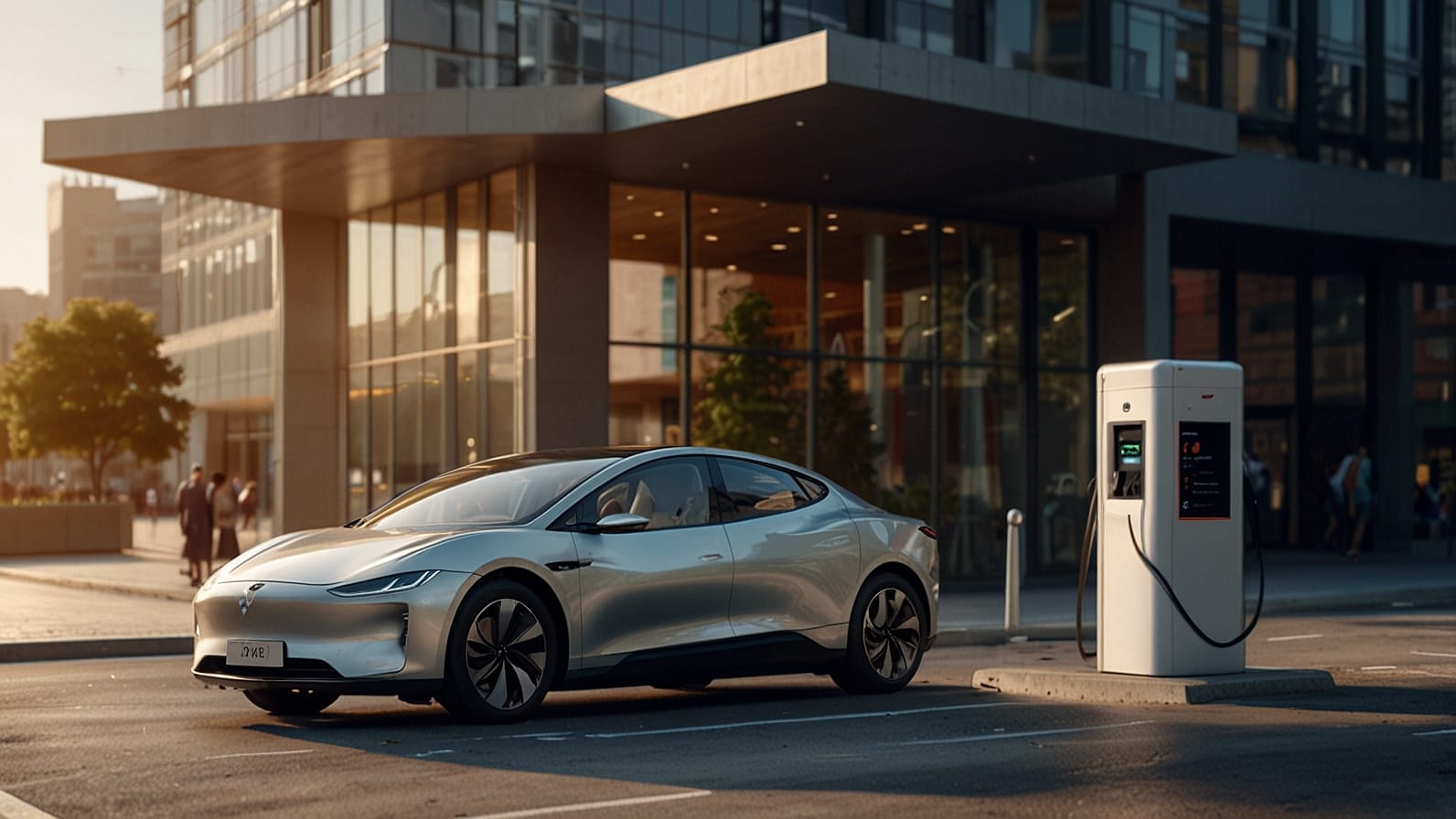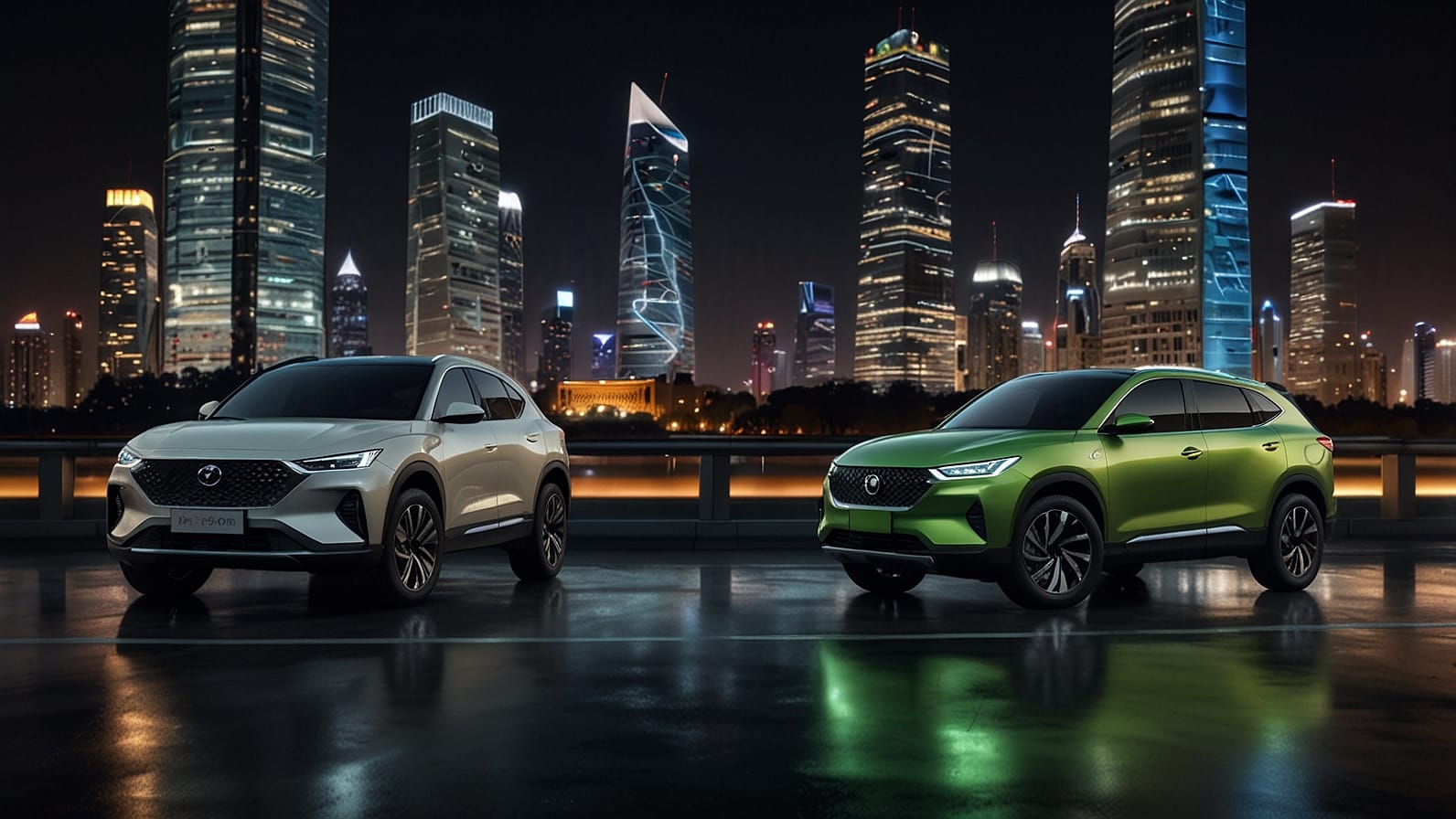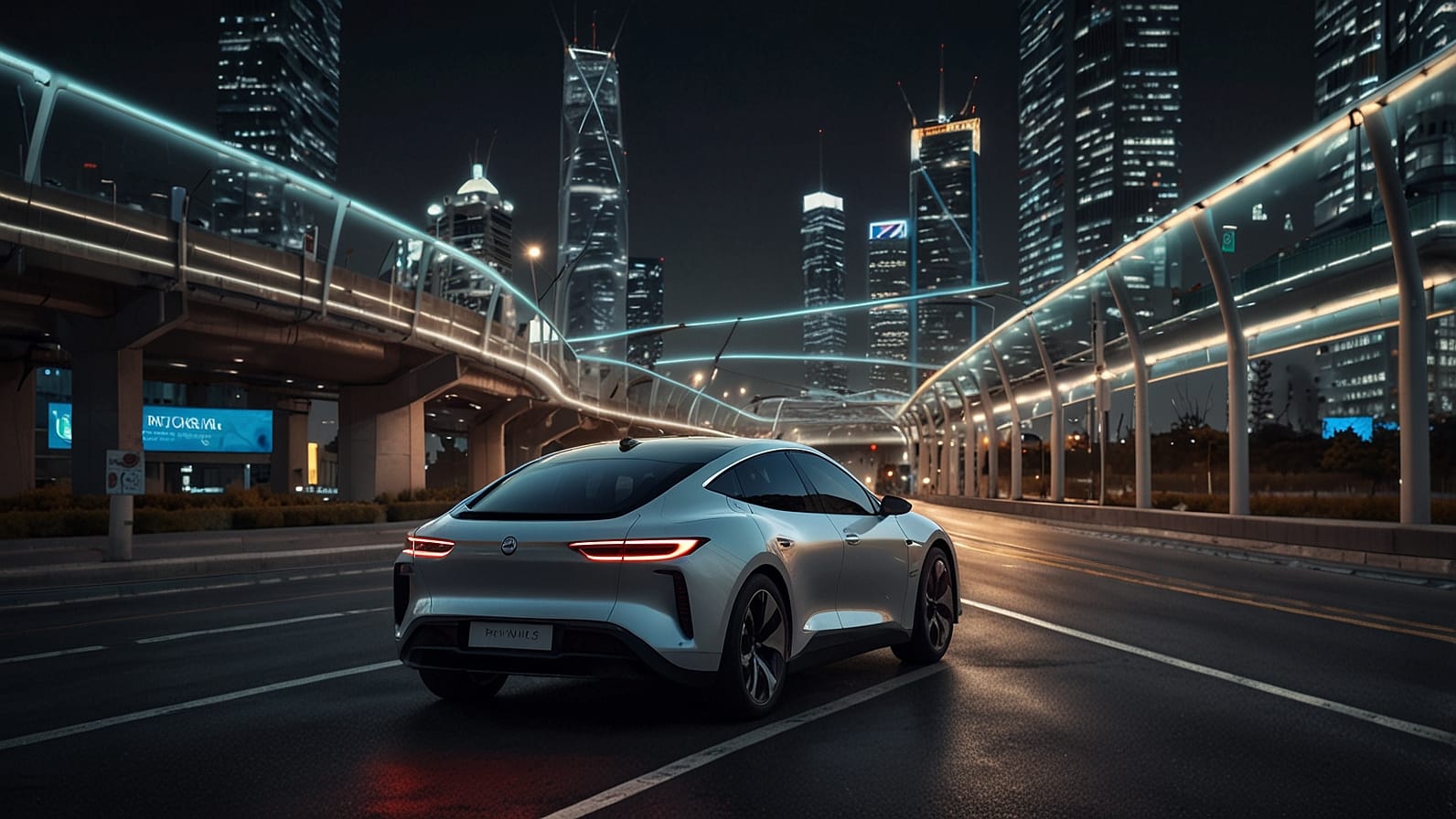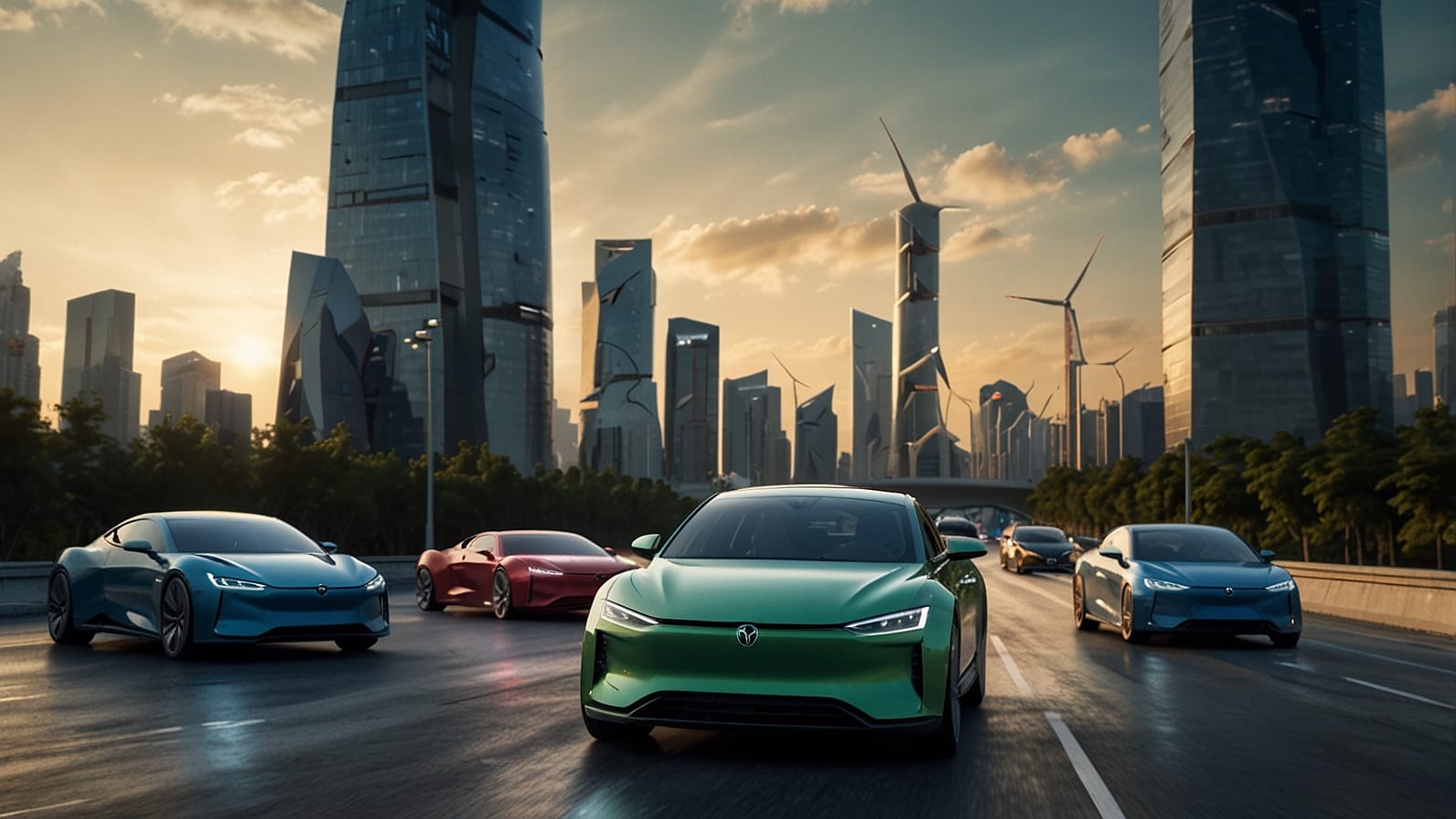A Beginner’s Guide to Electric Vehicles: What You Need to Know
Electric vehicles (EVs) are no longer just a futuristic concept—they are becoming a mainstream choice for consumers worldwide, especially as sustainability and energy efficiency take center stage in the automotive industry. Whether you’re curious about switching to an EV or just want to understand how they work, this beginner’s guide covers the essential information you need to know about electric vehicles.
What Is an Electric Vehicle?
An electric vehicle is a type of car powered by one or more electric motors, using energy stored in batteries instead of traditional gasoline or diesel. EVs fall into several categories:
- Battery Electric Vehicles (BEVs): These are fully electric cars that rely solely on battery power and require charging from an external power source, like a home charger or public charging station. Popular examples include the Tesla Model 3, NIO ES6, and BYD Han EV.
- Plug-in Hybrid Electric Vehicles (PHEVs): PHEVs combine a traditional internal combustion engine with an electric motor. They can run on electric power for short distances and switch to gasoline once the battery depletes. Examples include the BYD Qin and the Toyota Prius Plug-in.
- Hybrid Electric Vehicles (HEVs): HEVs, like the Toyota Prius, use both a gasoline engine and an electric motor. However, they do not need to be plugged in to charge and primarily use regenerative braking to recharge the battery while driving.
How Do Electric Vehicles Work?
EVs use electric motors instead of internal combustion engines. The key components of an electric vehicle include:
- Battery Pack: The most crucial part of any electric vehicle, the battery stores energy to power the electric motor. Battery capacity is measured in kilowatt-hours (kWh), and the higher the capacity, the more range a vehicle typically has.
- Electric Motor: The electric motor converts electrical energy from the battery into mechanical energy, propelling the vehicle forward. EVs can have one or more motors, depending on the design and drivetrain configuration.
- Charging System: EVs need to be plugged into a charger to replenish the battery. Charging stations vary in speed from Level 1 (standard home outlet) to Level 3 (fast charging), significantly impacting how quickly a battery recharges.

What Are the Benefits of Driving an Electric Vehicle?
There are several reasons why more people are turning to EVs:
- Environmental Impact: Since EVs don’t produce tailpipe emissions, they contribute to cleaner air, especially in urban areas. Switching to electric can significantly reduce your carbon footprint.
- Lower Running Costs: Electricity is generally cheaper than gasoline, and EVs have fewer moving parts than internal combustion engine vehicles, meaning lower maintenance costs. No more oil changes or exhaust system repairs!
- Performance: Electric vehicles offer instant torque, which means faster acceleration and a smoother driving experience. Some high-performance EVs, like the Tesla Model S Plaid, are among the quickest cars on the road.
- Government Incentives: Many governments offer incentives such as tax rebates, discounts, or access to special lanes for EV owners, making the switch even more appealing.
What Are the Challenges of Owning an EV?
While EVs offer many benefits, there are some challenges to consider:
- Range Anxiety: One of the main concerns for potential EV owners is how far an EV can travel on a single charge. Although many modern EVs have ranges exceeding 300 kilometers (186 miles), you’ll need to plan for longer trips more carefully, ensuring access to charging stations along the route.
- Charging Infrastructure: While charging infrastructure is improving, especially in urban areas, rural locations may have fewer charging stations. However, home charging remains a convenient option for many owners.
- Upfront Costs: Electric vehicles can have a higher upfront cost compared to traditional gasoline vehicles. However, lower running costs and government incentives often offset this over time.
- Battery Degradation: Over time, EV batteries lose capacity, reducing the vehicle’s range. However, most manufacturers offer warranties on EV batteries for 8-10 years or up to a certain mileage.
How to Choose the Right Electric Vehicle
When choosing an EV, consider the following factors:
- Driving Range: How far do you usually drive in a day? If you have long commutes or enjoy road trips, you may want a car with a longer range.
- Charging Options: Do you have easy access to charging stations or a place to install a home charger? If you live in an apartment or a remote area, this could influence your decision.
- Budget: EVs range from affordable options like the BYD Dolphin to luxury models like the NIO ET7. Consider both the upfront cost and the long-term savings in fuel and maintenance.

The Future of Electric Vehicles
The future of electric vehicles is bright. As technology advances, EVs are becoming more affordable, with longer ranges and faster charging times. Many countries are introducing stricter emissions regulations, encouraging car manufacturers to invest heavily in electric vehicle production. Chinese brands, in particular, are playing a pivotal role in driving the EV revolution with affordable models and cutting-edge technology.
Whether you’re ready to buy an electric vehicle or are simply exploring the possibility, the shift to electric is here to stay. By understanding how EVs work and what they offer, you’ll be better equipped to make an informed decision for a greener, more efficient future.




